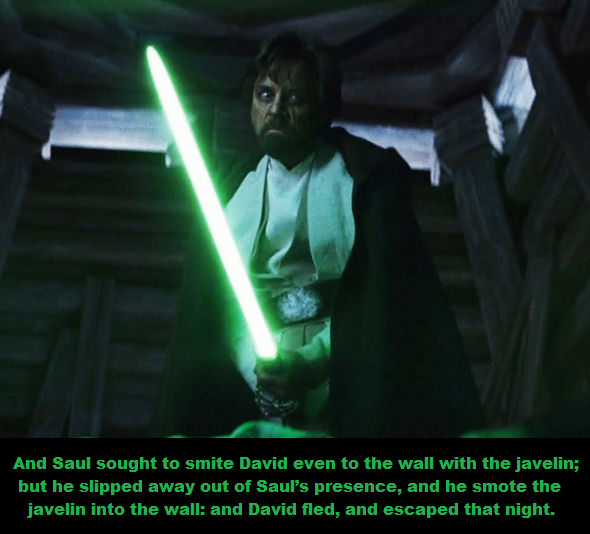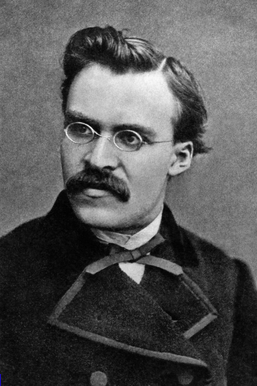Several themes from Cap o’ Rushes – rash vows, unkind parents, unhappy wedding feasts, and highborn princesses wrongfully exiled and/or made into servants – continue in today’s extra-long installment, Y Mabinogi (2003), a (pleasingly faithful) animated version of the Welsh cycle of interrelated legends, the Mabinogion.
For the first eleven minutes or so, you may find yourself asking: a) how is this an animated version? and b) how is this a version of the Mabinogion? But all will become clear.
This story features one of the most famous examples of the “magic loopholes” I discussed here and here, where Lleu can be killed only when neither indoors nor outdoors, neither on horseback nor on foot, etc.
We get a glimpse of the white hounds with red ears, the Cŵn Annwn, that are associated with the Underworld in Welsh mythology, though sadly they don’t really do much here.
The visit of Branwen’s brothers to the Irish court is also reminiscent of the visit of Gudrun/Kriemhild’s brothers to Attila’s court in the Völsungasaga and Nibelungenlied, where similar jollity ensues.
The way that Efnysien deals with the 200 warriors lurking in the sacks of flour is similar to the way Marjanah deals with the 40(ish) thieves lurking in the jars of oil in the story of Ali Baba.
You’ll also notice much that George R. R. Martin may have borrowed for Song of Ice and Fire / Game of Thrones, including a wounded King named Bran with psychic powers, a feast where the guests are betrayed, and an army of the resurrected dead.
(Of course this is not the only example of guests betrayed at a feast. Martin himself has mentioned two examples from Scottish history as inspirations: the “Black Dinner” (Edinburgh, 1440), and the Glencoe massacre (1692). Another famous example is the betrayal of the Greek mercenaries after the battle of Cunaxa in 401 BCE, as related in Xenophon’s Anabasis.
By contrast, the similar event that occurs near the beginning of Braveheart is, like much else in that movie, entirely fictional.)


